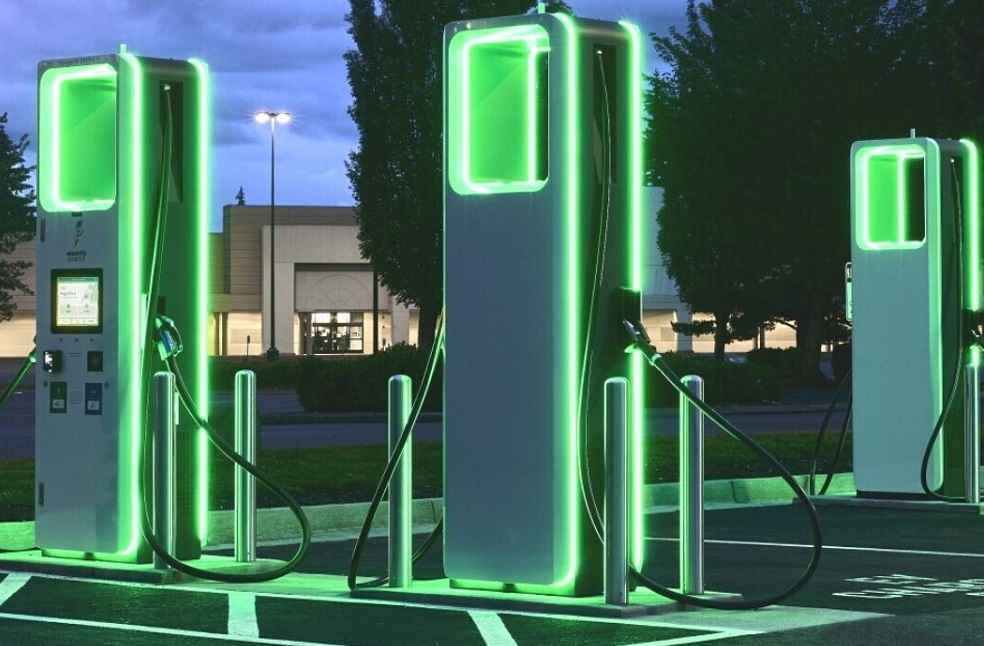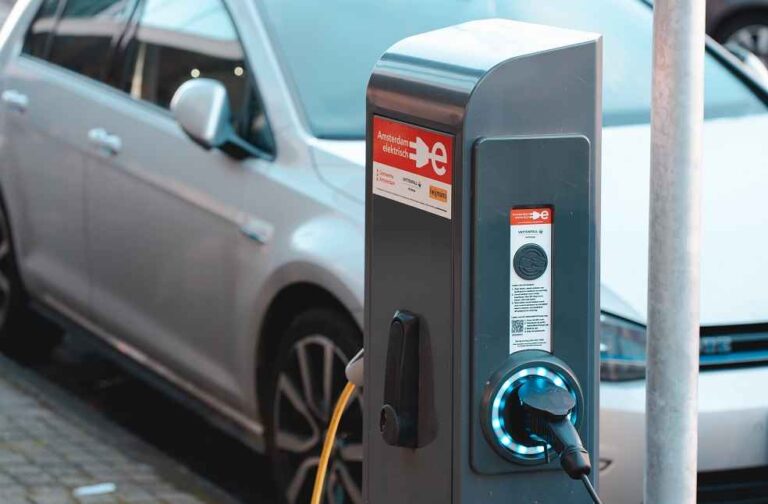KPMG’s latest survey uncovers a downturn in global automotive executives’ confidence toward the battery-electric vehicle (BEV) transition, except in China. Rising cost concerns, material access issues, and fierce competition mark a challenging phase for the electric vehicles (EV) Industry.
Engaging over a thousand industry leaders, the survey indicates a sharp decrease in optimism. Japanese executives’ confidence plummeted from 32% to just 10%, while Western Europe witnessed a fall from 31% to 24%. The U.S. saw a similar trend, with a dip from 48% to 43%. Contrasting last year’s high hopes about revolutionizing the industry with innovative electric cars, current sentiments reflect an awareness of the complexities in navigating this shift while aiming to sustain or increase profits.

The survey points to a strategic reorientation within the automotive sector. Despite a surge in EV showcases at CES 2024, carmakers seem to lean more towards hybrid technologies, now second in technology investment preferences. This trend suggests a balanced approach to the uncertainties surrounding future powertrain technologies.
The competitive landscape is also evolving. Automakers are preparing for tech giants entering the automotive arena, with Apple leading a list of potential rivals that include Google, Samsung, Baidu, and others. These emerging dynamics of collaboration and competition are reshaping the future of automotive technology.
Despite 2023’s price cuts, the survey predicts a 5%-10% escalation in EV prices for 2024, though realizing these increases might prove more arduous than expected due to market conditions and an influx of new models.

A notable decline in supplier confidence for EVs, falling from 56% to 23%, echoes apprehensions about substantial investments in electric propulsion amidst a demand slump and intensifying market rivalry. Certain industry players might face significant challenges as market saturation heightens.
China’s scenario contrasts with global trends. Confidence among Chinese executives rose from 28% to 36%, buoyed by BYD’s rapid rise in challenging Tesla and China’s dominance in vehicle exports and control over EV battery materials. Nevertheless, lithium and cobalt supply worries loom large globally, with 78% of OEM executives expressing significant concerns, a sentiment less echoed by their Chinese counterparts.
Broadly, automotive leaders exhibit reduced anxiety about the economic climate compared to last year. U.S. and German leaders show less alarm over interest rates, energy prices, and inflation. Yet, the preparedness for advanced technologies like AI and robotics has waned, signaling emerging challenges in workforce development and the race for AI talent across sectors. KPMG’s ‘Future of Work’ report stresses that mastery of AI will be crucial for competitive advantage, highlighting the importance of technological proficiency in the automotive industry’s evolution.
AUTO TECH | onsemi and Li Auto Renew Alliance, Boosting EV Tech and Safety Innovations





